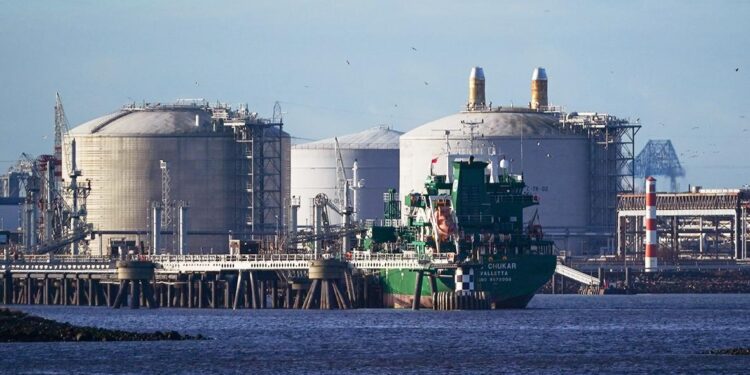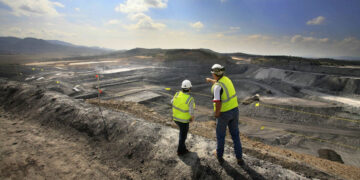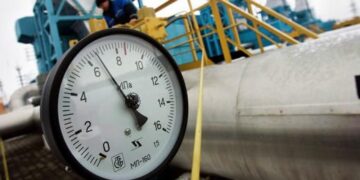Britain Intends to Annually Issue New Licenses for Gas and Oil Production
The UK government expects that this will reduce dependence on energy imports and also provide 200 thousand jobs
The UK government intends to legislate the annual issuance of new licenses for the development of oil and gas fields to strengthen national security. This was announced by the office of Prime Minister Rishi Sunak.
British authorities believe that the development of their own fields will reduce the import of oil and gas, including from the Russian Federation, and provide 200 thousand jobs. Sunak’s office said in a statement that the legislation, which will be introduced in parliament on November 7, “will provide certainty and give investors and industry confidence” in the future.
“The UK still relies on oil and gas to meet its energy needs. The UK will continue to rely on oil and gas to meet its energy needs even after it reaches carbon neutrality in 2050, according to the Climate Change Committee.” . According to her, the government is choosing to “encourage domestic gas production rather than importing liquefied natural gas with higher carbon emissions.” The Prime Minister’s Office added that the oil and gas industry annually brings £16 billion ($20 billion) to the country’s economy.
As the government clarifies, each new round of licensing will only take place if two conditions are met. If the UK’s own oil and gas production is lower than its imports, and if the carbon emissions associated with UK GHG production are lower than the equivalent emissions from imported LNG.
New licenses
The kingdom’s authorities have set a course for developing new oil and gas fields in the North Sea in the fall of 2022 due to the energy crisis in Europe. In July, Downing Street said it would issue hundreds of new oil and gas licenses.
As of 2021, almost half of the gas entering the UK market was produced from the UK North Sea shelf. The largest exporter is Norway. At the same time, about 15% of imports are LNG, most of which is supplied by Qatar and the United States.
From 1 January 2023, the UK stopped importing liquefied natural gas from Russia. Previously, Russian gas accounted for about 4% of the total consumption of this type of fuel in the kingdom.
As the Financial Times (FT) recalled, Britain’s North Sea Transition Authority (NSTA) previously admitted that new mining licenses would not help the kingdom significantly reduce its dependence on oil and gas imports or influence global pricing due to its negligible hydrocarbon reserves.
Labor against
As the FT noted, the Conservative government’s position on this issue contrasts sharply with the approach of the opposition Labor Party. Earlier, Labor leader Keir Starmer said that if he wins the next parliamentary elections, which should be held no later than January 2025, he will not cancel the licenses already issued, but will refuse to grant new ones and will concentrate on the development of nuclear energy and investments in renewable energy sources .
The gap between Labor and the Tories in popularity ranges from 15 to 24 percentage points. Starmer hopes to increase it by supporting environmental activists. In September they criticized Sunak for his decision to delay the implementation of a ban on the sale of new petrol and diesel cars by five years until 2035.







